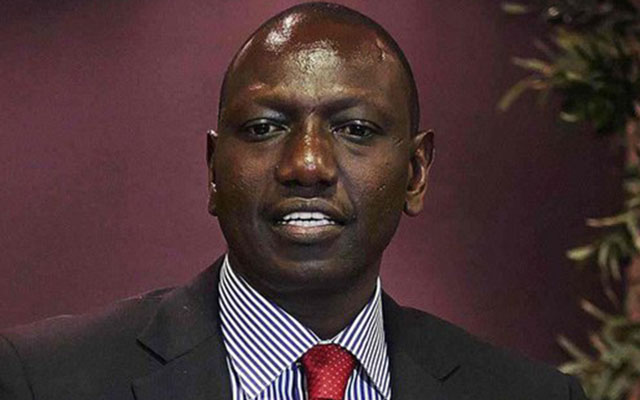UN hails AfCFTA
Kuda Mugari in NIAMEY, Niger
The United Nations has hailed African Union leaders for bringing the historic continental free trade area agreement into force, pledging to work with Africa to mark the beginning of its transitional phase to full operationalisation.
This was said by the United Nations deputy secretary-general Ms Amina Mohammed during the opening of 12th extraordinary session of the African Union here yesterday.
“We are committed to working with African institutions to mobilise the resources that will be required for full implementation of the African continental free trade area.
“In the first instance, the African regional integration trust fund will support countries to mobilise resources to finance regional integration,” he said.
“We are already working with 16 African governments to develop national strategies to maximise the opportunities created by this agreement and we will increase this number from next year,” she said.
She, however, said that the United Nations was concerned by the plight and role of women in the free trade areas.
“Trade can contribute to widening or closing inclusion and gender gaps, depending on how the process is managed.
“So we are also working with governments to counterbalance the distributional and gender differentiated effects of trade liberalisation,” she said.
“It is essential to act now not only to ensure that women benefit from the African continental free trade area, but also the youths given the demographic challenges facing the continent,” she said.
Ms Mohammed also said the entry into force of the African continental free trade area is not only a momentous step, but it is a noble first step towards economic integration.
The United Nations deputy secretary-general also urged African leaders to be united and despite the many political problems facing the continent.
“Africans should take particular pride in reaching this stage at a time of growing protectionism and rising trade tensions that are threatening economic stability and progress around the world,” she said.
Analysts also said in order for the treaty to reach its full potential it will require changes and improvements in several important areas, including infrastructure development, capacity to export and non-tariff barriers.







Comments